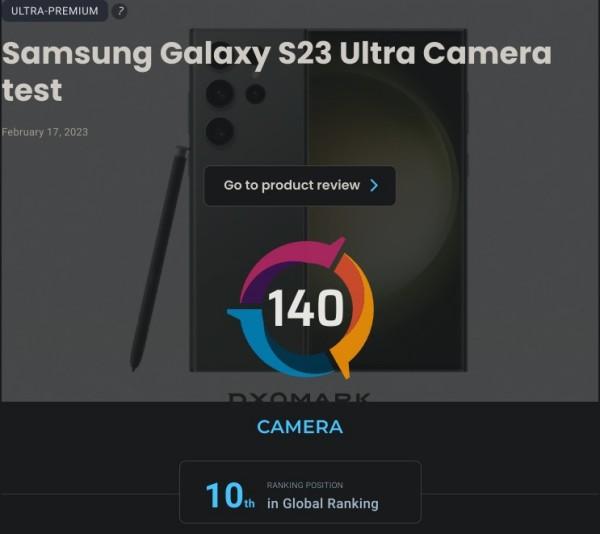I love DXOMARK’s tests as they are quite rigorous and score across different categories. So I’ve been waiting for this one specifically to be published.
Something worth noting is that the tests are conducted as standard point and shoot, so extra tweaks a phone may have, are not taken into account. This means some shortcomings can be addressed, but you really need to get to know your phone’s camera settings (same for any tool you’re going to want to get the most out of). For example if delayed shutter response needs to be minimised, on the Samsung you can change the priority from quality to speed instead (but it means going three or more levels deep to change that setting, which most people don’t just do on the fly). The iPhone consistently beats most other phones as they continuously buffer photos before the shutter button is pressed, achieving a near instant exposure on the press.
Samsung has a lot of lenses and by default the 200MP is not always used (you need to select it, or change a setting that allows it to use the “best lens” for the magnification you are selecting). Although the 200MP has the sharpest detail, it loses a bit in terms of HDR and dynamic range (so you may want to use it to shoot in RAW mode for later editing for example).
Other useful features are not really tested either, such as the iPhone has a great built-in mode for creating waterfall and night light trail effects. On the Samsung you can use the Expert RAW app to achieve the low light effects, but for daytime waterfall effects you’re going to need to use a third party app.
What I do is to make detailed notes about what I’ve learnt about each device I use, so that if I’m in the field and I can use those as a cheat sheet to quickly see what tweaks I need to apply. It’s also useful to know what types of modes your camera has.
See https://www.dxomark.com/samsung-galaxy-s23-ultra-camera-test/
#technology #photography #DXOMARK #GalaxyS23Ultra

